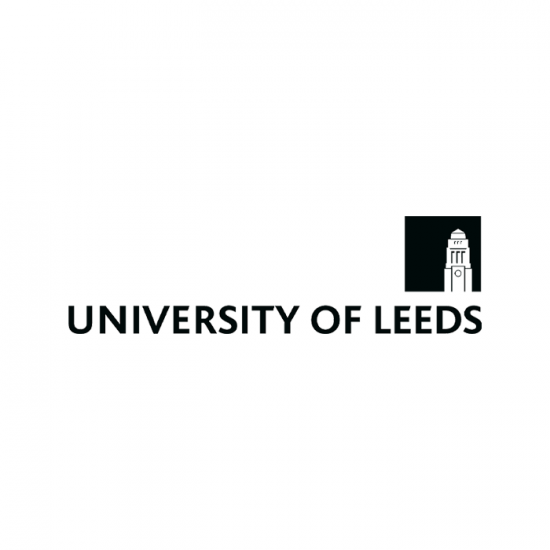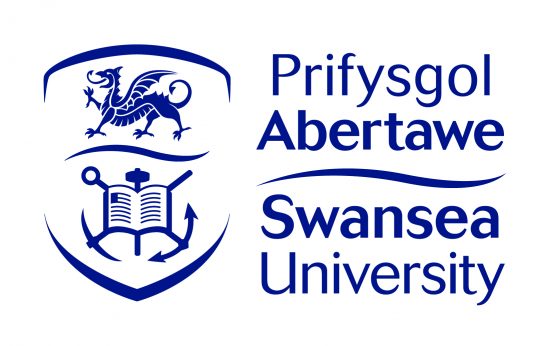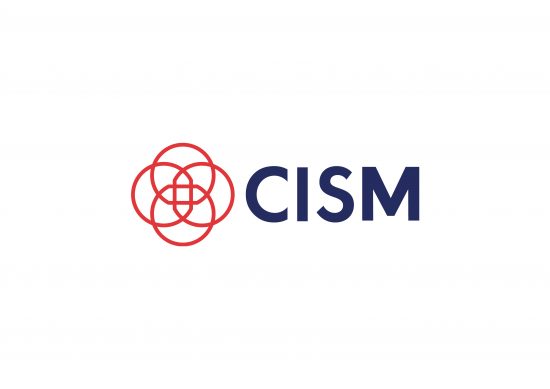Overview
This course will explore basic practices and techniques for cleanroom use. Through a combination of taught lectures, discussion sessions, and practical training participants will gain fundamental skills for working in ‘clean-fab’ cleanrooms. The content will develop theoretical and practical knowledge in processes such as lithography, deposition, and etching; with participants using what they learn to fabricate a micro-scale Field Effect Transistor.
Background
Micro and nano-fabrication techniques in ultra-clean environments are the cornerstone of semiconductor manufacturing and technology innovation. Processes such as lithography, thin-film deposition and etching of semiconductors, metals and dielectrics are used to build components such as field effect transistors, diodes, waveguides, thus creating memory, logic, solar cells, lasers, detectors, sensors, photonic chips and many more high-tech devices.
These ultra-clean advanced processing environments are called ‘clean-fabs’ and the skills required to operate within them are very specific and much in demand in both industrial manufacturing and research and development. Several UK universities including the University of Cambridge, the University of Leeds and Swansea University have recently built state-of-the-art clean-fabs. These investments of hundreds of millions of pounds aim to develop the next generation of semiconductor technology, support the existing UK semiconductor industry, and provide a means to train the necessary national workforce.
This is a unique opportunity is suited to both industrial and academic participants and will enable scientists and engineers from a range of disciplines to gain first-hand experience of clean-fabs and semiconductor device processing. The course will also be applicable to scientists and engineers using nanofabrication to develop, for example, spintronic or bioelectronic devices.
The course is a collaboration between the Universities of Cambridge, Leeds and Swansea and CS Connected and is supported by the Atoms to Devices theme at the Royce Institute.
Audience
The course is a unique opportunity for industrial and academic scientists or engineers, and will enable participants from a range of disciplines to gain first-hand experience of clean-fabs and semiconductor device processing. It is also applicable to scientists and engineers using nanofabrication to develop spintronic or bioelectronic devices.
The content is suitable for any new user of cleanrooms and those who are looking to pursue a career in semiconductors and related fields. Participants might include those undertaking a PhD or postdoctoral research, working in academia or within the semiconductor industry.
Participants might include:
- those working on research in semiconductor science and technology
- those working on research in complementary fields (e.g. spintronics, bioelectronics), which are underpinned by nanofabrication
- technicians, experimental officers or engineers new to, or retraining in, the semiconductor industry or supporting university cleanrooms
The course is limited to 20 places.
Selection will be based on a written motivation for attending the course, with a view to ensuring a diversity of participants from universities, research institutes and industry.
Course fee
The course fee is £300, chargeable to the participant’s institution or company. The fee covers:
- practical fabrication and analysis training in a state-of-the-art cleanroom
- support and training from cleanroom experts
- lectures and course materials from world-leading academic and industry professionals
- 4 nights accommodation in Leeds
- breaks and refreshments throughout the course
- welcome dinner on the first evening
- conference dinner on the final evening
Participants will need to pay for their own transport to Leeds and meals on the middle two nights.
Royce Training has bursaries available to cover fees for five places. If you would like to be considered for a bursary please email Royce@Leeds.ac.uk.
Application
To apply to attend the course, please complete this form.
Applications close at 23:59 on Sunday 20th November. Applicants will be notified by Monday 28st November, and payment for the course will be due by mid-December.
If you have any questions about the course, please email royce@leeds.ac.uk
Organisers
- Manish Chhowalla – University of Cambridge & Henry Royce Institute
- Andrew Dobrzański – University of Cambridge & Henry Royce Institute
- David Ellis – University of Cambridge
- Matt Elwin – Swansea University
- Jon Evans – Swansea University
- Owen Guy – Swansea University
- Lucy Leonard – University of Leeds & Henry Royce Institute
- Edmund Linfield – University of Leeds & Henry Royce Institute
- Chris Meadows – CS Connected
- Paul Meredith – Swansea University
- David Ritchie – University of Cambridge & Swansea University
- Alexandra Robasto – University of Cambridge/ Henry Royce Institute
- Christopher Wood – University of Leeds
The course is a collaboration between the Universities of Cambridge, Leeds and Swansea and CS Connected and is supported by the Atoms to Devices theme at the Henry Royce Institute.



![]()



